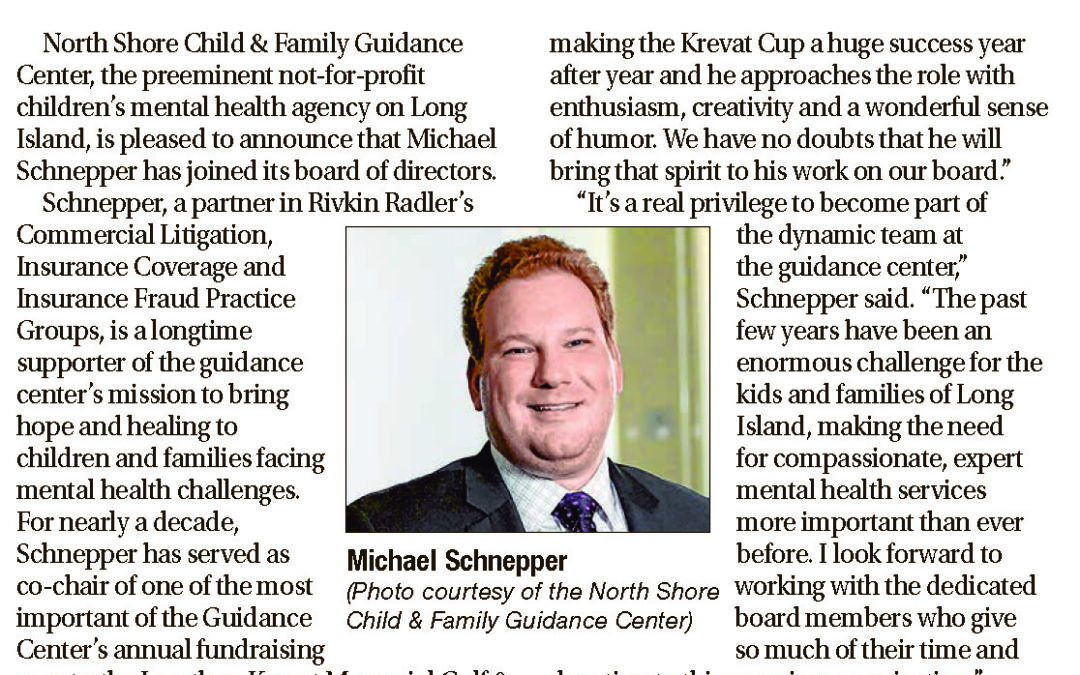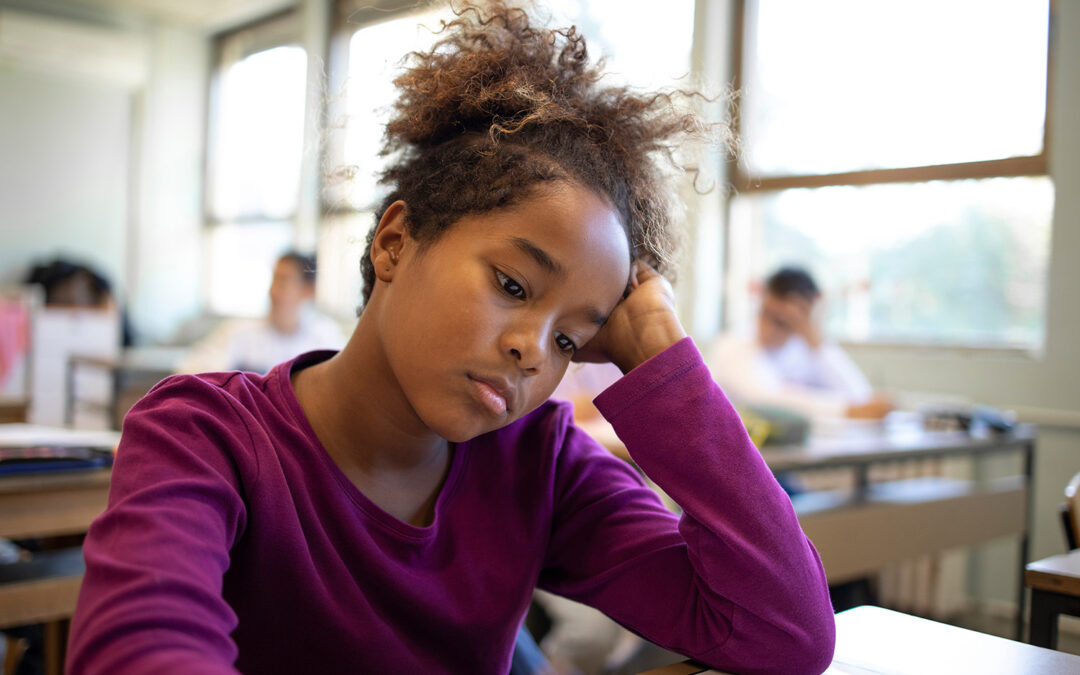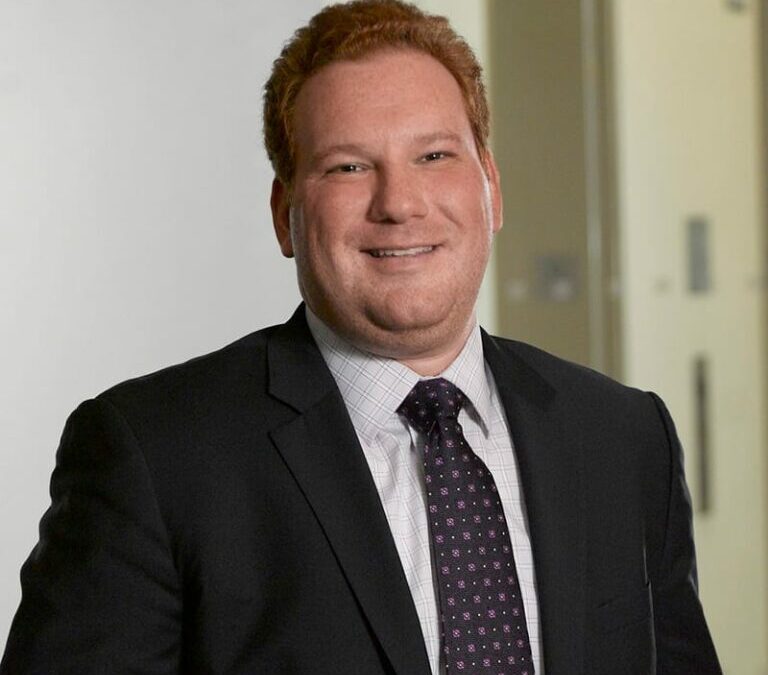


Guidance Center’s Innovative Program for Latina Teens
By Erika Perez-Tobon, Published in Anton Media Newspapers
One of North Shore Child & Family Guidance Center’s signature programs is the Latina Girls Project, which was created in response to the alarming rates of depression, school refusal, self-harm, suicidal ideation and attempted suicides by Hispanic teen girls.
More than a decade ago, our team at the Guidance Center noticed an increasingly large number of first-generation Latinas were coming to us with severe depression, self-harming behaviors and suicidal thoughts. Many had stopped attending school, and some had been hospitalized for suicide attempts.
The research backed up what we were seeing at the time: Hispanic teenage girls were significantly more likely than their non-Hispanic peers to suffer from depression, thoughts of suicide and suicide attempts. More recent research, from the Centers for Disease Control and Prevention, showed that 10.5% of Latina adolescents aged 10–24 years in the U.S. attempted suicide in 2016, compared to 7.3% of white female, 5.8% of Latino and 4.6% white male teens.
In response to this crisis, we formed the Latina Girls Project, an innovative program that employs individual, group and family therapy, along with monthly outings and other activities, all designed to tackle issues such as depression, low self-esteem, social anxiety, school refusal, self-harming behaviors or suicidal ideation.
Some of our clients who were born outside the U.S. have witnessed violence in their homelands, and many have experienced complex trauma since a young age. Those who were born in the U.S. are impacted by the generational trauma experienced by their parents and limitations around communicating with their parents.
Regardless of where they were born, a big part of the reason these girls are struggling is because they are pulled in conflicting directions, with their parents wanting them to adhere to the traditional values of their homeland, while the girls seek to integrate into American culture and find acceptance among their peers.
The result: Parents are often extremely overprotective; they won’t allow their daughters to venture out and participate in activities such as sleepovers, dating or trips to the mall. Even if the teens are allowed to go out with their friends, they are required to have a chaperone, such as a parent or brother. In addition, they are often relegated to gender-biased roles, required to cook, clean and take care of their siblings while their brothers are treated, as one girl said, “like princes.”
During bilingual individual, family and group therapy sessions, the girls realize that they can trust their therapists, many of whom also grew up as first-generation Latinas. The therapists teach the girls healthy strategies to deal with stress and depression and effective ways to communicate with their parents.
For their part, the parents become more compassionate about their daughters’ desire to fit in, and they also understand the need to let their teens separate in age-appropriate ways. One of our Latina clients put it this way: “My parents learned that I just wanted them to be there for me and listen. They learned that it doesn’t help to question why I feel the way I do but to accept it and support me.”
In addition to therapy, the program incorporates monthly supervised outings to places such as theaters, museums and other cultural and educational sites. These trips, made possible by the generosity of John and Janet Kornreich, expose the girls to the world in a way that would never have happened if not for this Guidance Center program. The trips serve to boost the teens’ confidence and sense of independence, and the girls also discover that there’s a great big world of opportunity out there for them, which allows them to feel hopeful about their futures. The trips also offer respite to the parents who are relieved to know that their daughters are in safe hands.
As one girl put it, “The Latina Girls Project helped my mother and I communicate and become very close, and the monthly outings showed me a world I never would have seen. I felt that I wanted to be a part of the larger world. The trips gave me the feeling that I could be truly happy in my life.”
Bio: Erika Perez-Tobon, LCSW, who is originally from Venezuela, is the bilingual Clinical Supervisor of North Shore Child & Family Guidance Center’s Latina Girls Project, which is located at the agency’s Westbury location.

Self-Care Strategies for Happier, Healthier Kids
By Colleen Stewart, Guest Blogger
A child’s success throughout life can depend on the level of emotional support from parents and caregivers. These suggestions promote positive self-care behaviors that last a lifetime.
Foster Open Communication
A weekly family meeting gives every member time to express concerns and address tensions so that issues don’t fester under the surface. Feeling heard and understood is an essential human need and the foundation of solid relationships. Keep to a set time limit and take care not to let disagreements devolve into bitter arguments.
If possible, attempt to have one meal together daily where the emphasis is on being a good listener. Help your kids see the value of listening by demonstrating balanced conversational techniques and teaching them how doing so creates healthy friendships.
Enjoy Recreational Events
Help your little ones relax by going to a game of the family’s favorite sports team. Enjoy some tasty treats and pick up souvenirs for treasured lifelong memories. Make it a weekend getaway if you have to travel more than a couple of hours to get to the event. For instance, if you’re wondering how to score Yankees or Mets tickets, search online and sort by date, price range and seat rating. Check the seller’s site for an interactive seating chart to see a 360-degree view from your seats ahead of time. And when you get home, continue the fun by playing catch with your kids!
Unwind with a day at the zoo or a walk in the woods. The natural setting can be a calming form of therapy, but prepare to adjust plans if your child becomes unsettled by specific animals. Read a book or visit a website teaching about the types of animals present to assuage fears.
Volunteer as a Family
Instill high moral values in your children by devoting time to assisting others and strengthening the community. At least an hour or two each week should be spent on volunteer activities. Encourage the kids to sign up for helpful groups and earmark time for giving in their personal schedules.
Set a Good Example
Model self-care. Study after study confirms that stress is contagious and alters how human brains work, leading to other physical and mental illnesses. Create self-care goals that the family tackles together.
Prevent outside influences from disrupting the peace of the family. Doing so can be especially challenging for business owners, so establish boundaries. Family members must agree to allow you time during the workday to focus on your company without unnecessary distraction. In return, set times where you focus on the family and silence all professional alerts and messages. Relegate intensive tasks to the morning when you’re fresh and can give them resolution before the day’s end. Don’t micromanage the business and delegate mundane assignments where possible.
Consider Counseling
A child overwhelmed with stress and anxiety can benefit greatly from regular counseling at North Shore Child & Family Guidance Center, which is now offering both in-person and virtual therapy.
Bottom line: Reducing stress through a variety of means is worth the effort, so collaborate to give your children a self-care routine that helps them refresh, reset and ready themselves for life’s challenges.
Bio: Colleen Stewart loves giving her two kids a healthy example to live by. Her passion for community and wellness inspired her and her husband to team up with their neighbors and create a playgroup that allows the adults and their kids to squeeze in a workout a few times a week. She created Playdate Fitness to help inspire other mamas and papas to make their well-being a priority, and set a healthy foundation for their little ones in the process.

Supporting the Mental Health of BIPOC Youth
By Alex Levitt
As Reported in Insight into Diversity, “This July marks the 14th annual observance of BIPOC Mental Health Month, previously known as National Minority Mental Health Awareness Month. The observance comes at a critical time as concerns regarding psychological and emotional well-being are at an all-time high for young people and students, especially those from underrepresented communities.”
An ample collection of research on Mental Health America. has demonstrated that the educational, economic and social turbulence caused by the COVID-19 pandemic has worsened the epidemic of anxiety and depression among youth. For young people of color, these repercussions have been magnified by racial violence and discrimination. Yet this population is less likely to seek out psychological support services due to “the high costs of mental health care, the social stigma associated with seeking treatment, a lack of access to culturally competent counselors and a general mistrust of medical professionals.” (Insight Staff, 2022)
Mental health conditions are not selective based on race, color, gender or identity. The obstacles of mental illness can take hold of anyone regardless of their background or history. However, background and identity can make the availability of mental health treatment much more challenging. As reported in SAMHSA (Substance Abuse and Mental Health Services Administration), “America’s entire mental health system needs improvement, including when it comes to serving marginalized communities. This puts BIPOC youth at a serious disadvantage. For example, Black and Latinx children were about 14 percent less likely than White youth to receive treatment for their depression overall and were less likely to receive treatment in inpatient settings” (SAMHSA, 2020). Furthermore, The Trevor Project identifies that “LGBTQ+ youth from American Indian and Alaskan Native backgrounds were 2.5 times more likely to report a suicide attempt in the past year, compared to their non-Native LGBTQ+ peers.” (The Trevor Project, 2020).
There has been progress taking hold to improve the resources and support for minorities’ mental health, such as The Children’s Partnership and the National Black Women’s Justice Institute partnering together to establish the Hope, Healing and Health Collective (H3C). It says on their site that their “aim is to expand the availability and accessibility of culturally competent and gender-responsive mental health services and supports for youth of color, particularly Black girls, Indigenous youth and Latina girls.” (The Children’s Partnership, 2021) Unfortunately, behavioral health services are underutilized in marginalized communities despite the obvious need for them. The reasons why youth and adults of color do not participate in traditional mental health service include limited access, social stigma, misgivings about the effectiveness of treatment and distrust of providers.
Schools are proving to be leading the charge in providing support of BIPOC youths’ mental health. A study in the School Psych Review says that “youth are six times more likely to receive mental health care in schools compared to other community settings.” It also states that “In considering what serves young people well, schools must pay greater attention to how building power through youth organizing and leadership development supports positive mental health, builds on community strengths and supports developmentally driven needs for identity development that is reflective of their race, culture, gender and sexual orientation.” (Nadeem, Jaycox, Kataoka, Langley and Stein, 2011).
Historical and community traumas have also brought on disturbing patterns in children experiencing mental health crises. Patterns are exacerbated for youth with several marginalized identities, including their gender identity, sexual orientation and their race or ethnicity. As the Anxiety and Depression Association of America reports, BIPOC youth have found that, through social media, they are not alone in their mental health experience and journey. It takes a lot of courage and strength to consciously unlearn and destigmatize mental health as a young member of the BIPOC community. Youth are redefining what mental health means and are trying to discard some of the negative stigmas that have been taught or demonstrated by older generations. BIPOC youth are also advocating for themselves and actively working to change the way their communities acknowledge and embrace mental health.
Bio: Alex Levitt is a senior at Farmingdale State College, where he is majoring in Professional Communications. He is an intern for North Shore Child & Family Guidance Center, Long Island’s preeminent children’s mental health organization. To reach the Guidance Center, call 516-626-1971.

Guidance Center Names New Board Member, July 6, 2022, Blank Slate Media
North Shore Child & Family Guidance Center, the preeminent not-for-profit children’s mental health agency on Long Island, is pleased to announce that Michael Schnepper has joined its board of directors.
Schnepper, a Partner in Rivkin Radler’s Commercial Litigation, Insurance Coverage and Insurance Fraud Practice Groups, is a longtime supporter of the Guidance Center’s mission to bring hope and healing to children and families facing mental health challenges.
For nearly a decade, Schnepper has served as co-chair of one of the most important of the Guidance Center’s annual fundraising events, the Jonathan Krevat Memorial Golf & Tennis Classic.
“We feel extremely fortunate to have Michael joining us,” said Paul Vitale, president of the Guidance Center’s Board of Directors. “He has been a vital force in making the Krevat Cup a huge success year after year, and he approaches the role with enthusiasm, creativity and a wonderful sense of humor. We have no doubts that he will bring that spirit to his work on our Board.”
“It’s a real privilege to become part of the dynamic team at the Guidance Center,” said Schnepper. “The past few years have been an enormous challenge for the kids and families of Long Island, making the need for compassionate, expert mental health services more important than ever before. I look forward to working with the dedicated board members who give so much of their time and devotion to this amazing organization.”
To learn more about how to support the Guidance Center’s work, contact Lauren McGowan at 516-626-1971, ext. 320.
